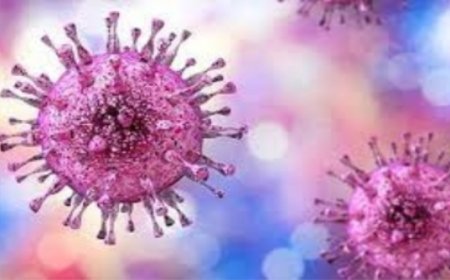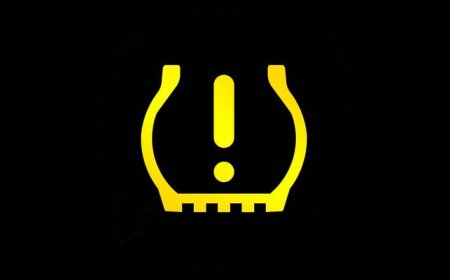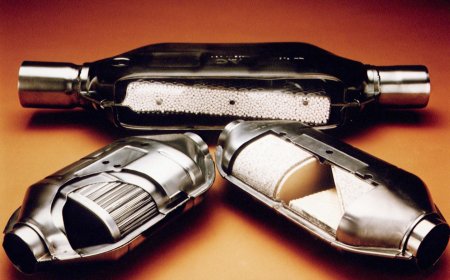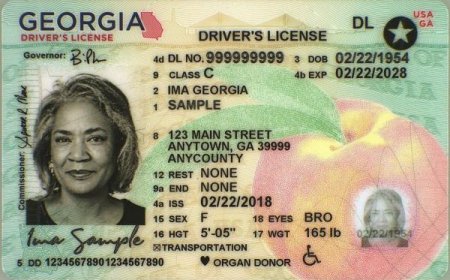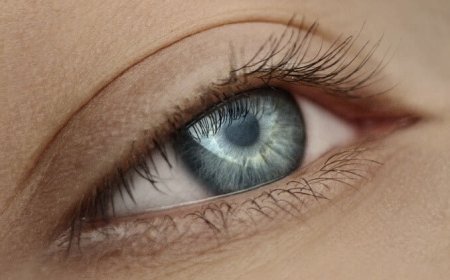Why is My Cat Coughing? Common Causes and Solutions
If your cat coughing frequently, it may be a sign of an underlying health issue. In this article, we explore the common causes and discuss solutions to alleviate it.

Why is My Cat Coughing? Common Causes and Solutions
Cats are generally healthy creatures, but just like humans, they can sometimes experience health issues. One common problem that cat owners may encounter is cat coughing. While occasional coughing is normal, frequent or persistent coughing can be a sign of an underlying health issue. In this article, we'll explore the common causes of cat coughing and discuss the solutions to alleviate it.In cats, coughing is most often a sign of an inflammatory problem affecting the lower respiratory tract, especially some form of bronchitis.
Common Causes of Cat Coughing
There are several reasons why your cat might be coughing. Here are some of the most common causes:
Respiratory Infections
Respiratory infections are one of the most common causes of cat coughing. Feline herpesvirus and feline calicivirus are two viruses that can cause respiratory infections in cats. These infections are highly contagious and can be easily spread from cat to cat. Other symptoms of respiratory infections include sneezing, runny nose, and fever. Feline asthma is the most frequently identified respiratory disorder in cats and is quite similar to human asthma.
Asthma
Asthma is a chronic respiratory condition that can cause coughing, wheezing, and difficulty breathing in cats. Asthma is usually caused by an allergic reaction to environmental allergens such as dust, pollen, or smoke. In some cases, stress can also trigger asthma in cats.
Heart Disease
Heart disease in cats can cause coughing, particularly at night or after exercise. Other symptoms of heart disease include difficulty breathing, lethargy, and loss of appetite. Heart disease is more common in older cats, but it can also affect younger cats.
Allergies
Cats can also develop allergies to various substances, including pollen, dust, and certain foods. Allergies can cause coughing, sneezing, and itching. If your cat is coughing and displaying other symptoms such as red or watery eyes, nasal discharge, or itching, they may be suffering from an allergy.
Hairballs
Hairballs are a common cause of coughing in cats. When cats groom themselves, they ingest hair, which can accumulate in their stomach and cause irritation. If your cat is coughing and retching, they may be trying to expel a hairball.
Foreign Objects
Cats are curious creatures and may ingest foreign bodies such as toys, string, or plants. These objects can cause coughing and other symptoms such as vomiting or diarrhea. If you suspect that your cat has ingested a foreign object, it's important to take them to a veterinarian immediately.
Treatment for Cat Couhing
If your cat is coughing frequently, it's important to take them to a veterinarian for a proper diagnosis and treatment plan for cat coughing. The veterinarian may perform a physical examination, blood tests, x-rays, or other diagnostic tests to determine the underlying cause of the coughing.
Veterinary Care
If the cause of the coughing is an underlying health condition, such as asthma or heart disease, the veterinarian may prescribe medications to treat the condition. These medications may include bronchodilators, corticosteroids, or diuretics. It's important to follow the veterinarian's instructions for administering the medication and to monitor your cat for any side effects.
Medications
If the cause of the coughing is a respiratory infection, the veterinarian may prescribe antibiotics or antiviral medications to treat the infection. If the coughing is caused by allergies, the veterinarian may prescribe antihistamines or corticosteroids to alleviate the symptoms. In some cases, the veterinarian may also recommend allergy testing to determine the specific allergen that is causing the symptoms.
Inhalers
For cats with asthma or other respiratory issues, inhalers can be a helpful treatment option. These devices deliver medication directly to the lungs, making them more effective than oral medications.
Changes in Diet
If your cat's coughing is caused by hairballs, switching to a high-fiber diet can help reduce the frequency of coughing. Your vet may also recommend hairball remedies to help your cat pass hairballs more easily.
Humidifiers
Adding a humidifier to your cat's environment can help alleviate coughing by keeping the air moist and reducing irritation to the respiratory system.
Environmental Changes
If your cat's coughing is caused by allergies, removing potential allergens from their environment can help. This may include switching to hypoallergenic litter, using dust-free bedding, and avoiding exposure to certain plants or cleaning products.
Home Remedies
In addition to veterinary care, there are also some home remedies that may help alleviate coughing in cats. These remedies may include:
- Humidifiers: Adding moisture to the air can help alleviate coughing caused by respiratory infections or allergies.
- Steam: Steam can also help alleviate coughing by loosening mucus and making it easier for the cat to breathe. You can use a steamy bathroom or a humidifier to create steam.
- Honey: Honey has natural antibacterial properties and can help soothe the throat. You can give your cat a small amount of honey mixed with water or food.
- Eucalyptus oil: Eucalyptus oil has natural decongestant properties and can help relieve coughing. However, it's important to use a small amount and dilute it with water before using it on your cat.
Here are some more home remedies that may help with your cat’s coughing. You can try giving your cat cough syrup, raw honey or cinnamon. You can also try giving your cat immunity boosters such as echinacea.
There are also several natural treatments that can help improve the symptoms of cat cough such as Plantago lanceolata which is an herbal remedy that can help soothe the throat and relieve congestion in the chest, nose and throat. Another natural treatment is Bryonia (6C) which is a homeopathic remedy used to keep the chest clear and soothe the throat.
If your cat is coughing and pawing at their mouth or shaking their head, there may be something stuck in their throat or mouth. You can open your cat’s mouth and look inside to see if there’s a foreign body that you can remove easily.
Wet Cough VS Dry Cough In Cats
According to Great Pet Care, there are two types of cat coughs: a dry cough or a productive (wet) cough. Some causes of coughing will increase mucus production and produce a wet cough, while others will not and produce a dry cough. A dry cough sounds like a “honk” or “wheeze” and your cat does not swallow afterward. A wet cough sounds like water or something caught in the back of your cat’s throat—perhaps like crackles. He will swallow afterward.
A dry cough is usually caused by an upper respiratory infection, asthma, allergies, or heartworm disease. A wet cough is usually caused by bronchitis, pneumonia, heartworm disease, or lung cancer.
Your veterinarian may consider several clues when determining why your cat is coughing:
- A cough accompanied by sneezing may be caused by a viral, respiratory infection.
- A cough accompanied by wheezing might be bronchial in origin and associated with asthma.
- A cough accompanied by weight loss, lethargy and anorexia may be associated with parasitic diseases or cancer.
Other common causes of coughs in cats include:
- Respiratory infections
- Asthma
- Pleural effusion
- Heart disease
- Lung cancer
Conclusion
Coughing is a common reflex in cats, but frequent coughing can be a sign of an underlying health.
What's Your Reaction?
















